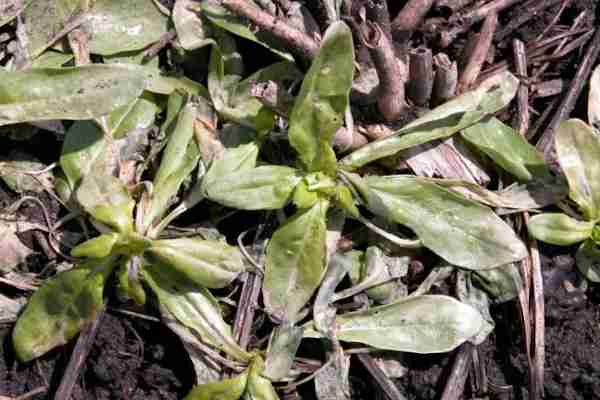By Bob Hartzler
Although most crop fields have not reached the stage for regularly planned POST herbicide applications, there likely are situations where people would like to get weeds controlled prior to the rain forecast later this week. The question is what impact will this weekend’s frost have on herbicide performance.
Herbicides perform best on actively growing weeds, thus weeds damaged by the frost will have decreased sensitivity. If the target is small summer annuals (2 or less true leaves) I suspect effective control can still be achieved. If summer annuals are bigger than this and showing signs of frost damage, it probably would be best to delay applications until new growth is present.
Foliage of winter annuals and many perennials generally is hardier than that of summer annuals, thus these weeds are less likely to be damaged by frost. If shoots of these plants appear to have escaped significant frost damage there probably is no need to hold off on herbicide applications. Research has shown improved control of certain perennials when herbicides were applied after frost, but that research was conducted in the fall. Make sure sufficient spring growth is present on perennials to allow transport of the herbicide to vegetative reproductive structures.
In situations with an established crop it is important to consider whether the crop was damaged by frost. Any stress from frost will reduce the ability of the crop to tolerate the herbicide and could result in herbicide injury. If weeds are still small and not threatening the crop, delaying applications for 5 to 7 days will reduce the risk of crop injury.

Source : iastate.edu